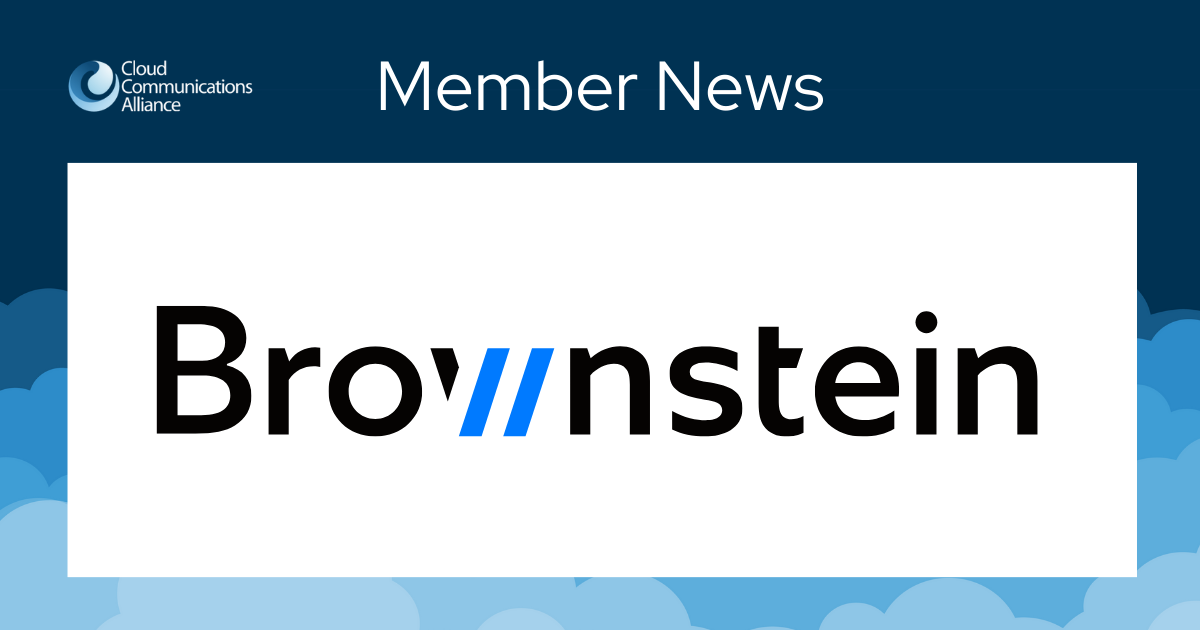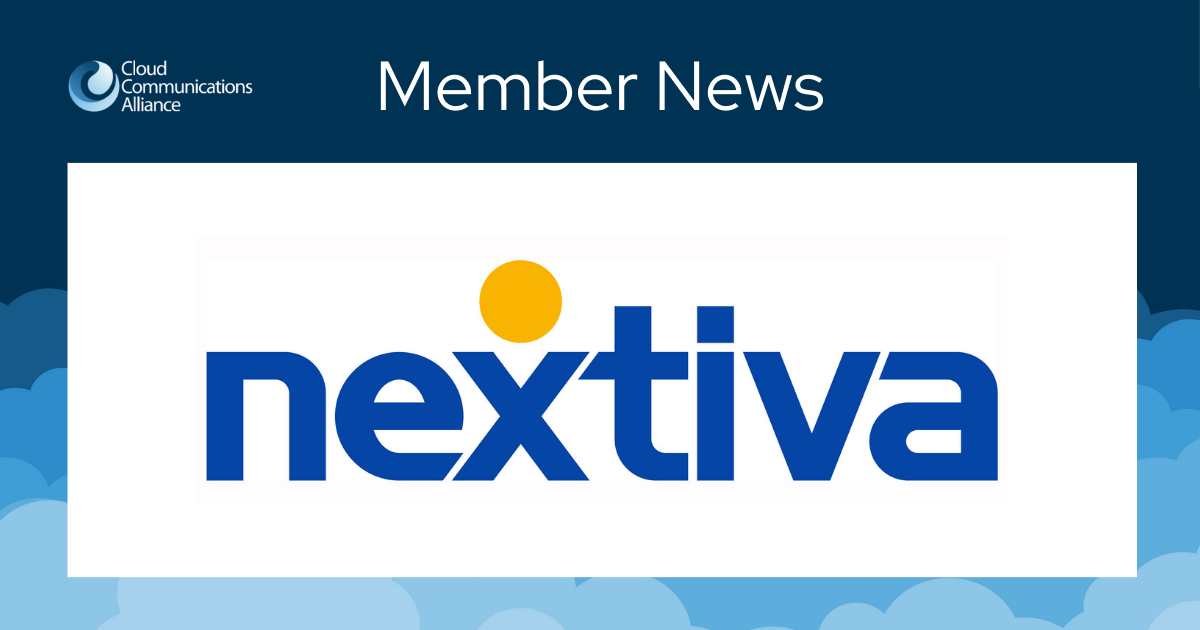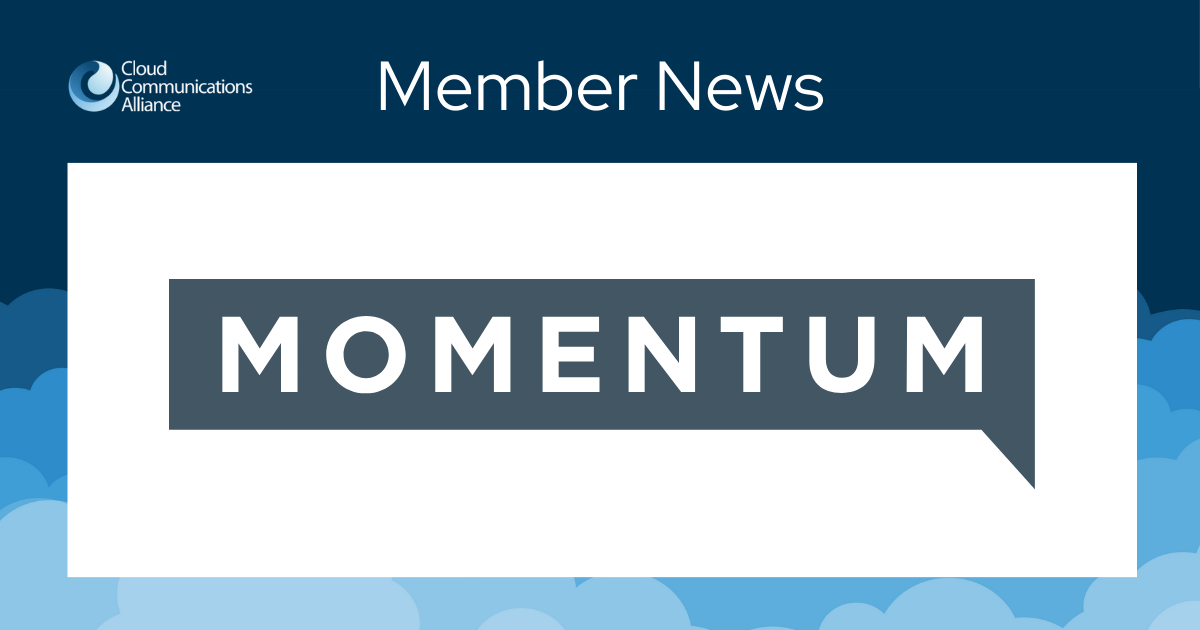FCC to Outlaw Discriminatory 911 Fees On VoIP Providers

The FCC is slated to adopt an order barring state, local and Tribal 911 entities from assessing 911 fees on VoIP enterprise services that exceeds the total amount assessed for providing the same level of outbound calling capacity using traditional telephone services. The order approvingly cites comments we filed on behalf of the CCA expressing concern that such discriminatory treatment could hinder CCA members from incentivizing businesses to convert to VoIP services.
The order stems from a lawsuit by some local 911 districts in Alabama seeking to collect back charges from BellSouth. These local districts assessed a per number 911 fee for VoIP services but a per line fee on traditional voice services. Even though the per unit fee was the same, the result could require VoIP subscribers to pay more in total than those using a traditional carrier. For example, assume a $1.00 per unit 911 fee and a VoIP business customer and a customer using traditional voice services, each of whom has 100 numbers and is capable of making 23 simultaneous outbound 911 calls, such as might be available using a fully channelized PRI TDM-based service. A local 911 fee structure that assess 911 fees on telephone numbers for VoIP providers but a per-access line fee on traditional voice services would result in the VoIP subscriber paying $100 ($1.00 x 100 numbers) but a traditional voice subscriber paying only $23 ($1.00 x 23 voice channels).
Another example of discriminatory fee structure is one in which total 911 fees are capped for traditional providers, but not for VoIP services. The order provides this example:
If a business subscriber orders 75 outbound telecommunications service access lines for each of its 75 employees, with each line having the ability to place a 911 call at the same time, but the jurisdiction’s 911 fee regulation caps the total monthly 911 fee any single business subscriber must pay at 50 access lines, then this business subscriber would be subject to the applicable 911 rate per line times 50. If this same business subscriber decides to convert her phone system to VoIP and she purchases a VoIP service that also provides outbound calling capability for 75 lines that can reach 911 for each of her employees, but the applicable 911 fee regulation does not cap the monthly 911 fees for VoIP service lines like it does for telecommunications service lines, this same business subscriber would be subject to the applicable 911 rate per VoIP line times 75. In this scenario, even if the nominal 911 rate per line for the telecommunications service was identical to the rate per line for the VoIP service, the business subscriber would owe, and the jurisdiction would collect, a 50% greater 911 fee for the 75 VoIP service lines than the 75 telecommunications service lines.
The order finds that these types of disparities violate the VoIP 911 fee parity provisions incorporated into the Communications Act by the NET 911 Act, and that they hinder conversion from traditional services to IP-enabled services.
The order is slated for consideration at the FCC’s October 26, 2019 Open Meeting where it is likely to be adopted and it will take effect immediately. CCA members should review their state or local 911 fee rules and assess whether they result in higher total fees for VoIP services than for regular telephone services.
For further information, please contact Michael Pryor at Brownstein Hyatt Farber Schreck, mpryor@bhfs.com or 202-383-4706.


